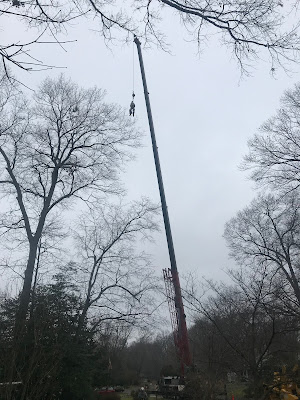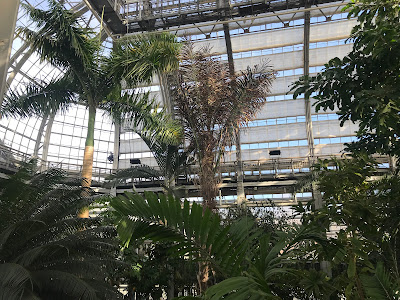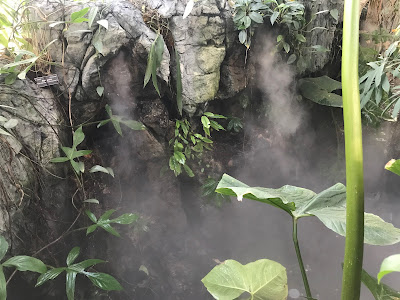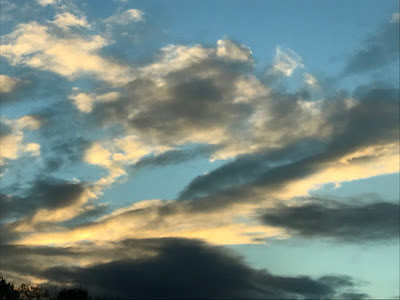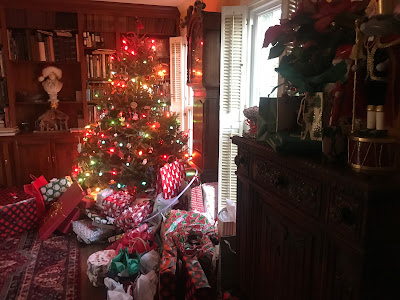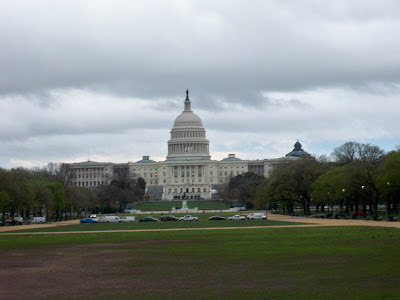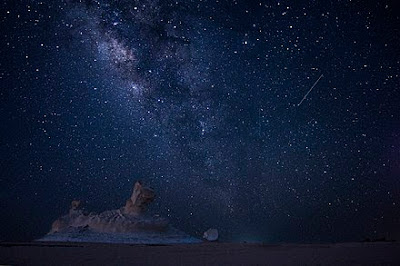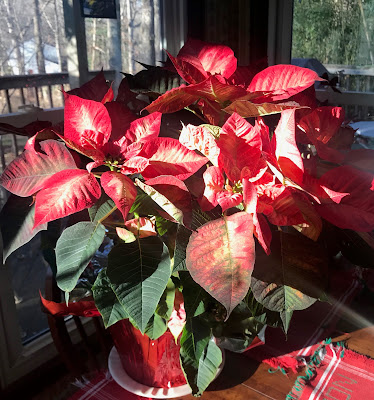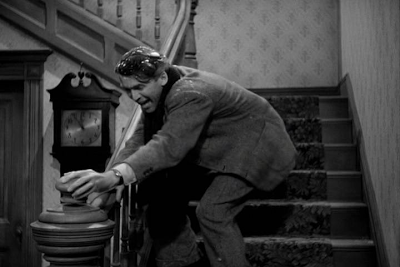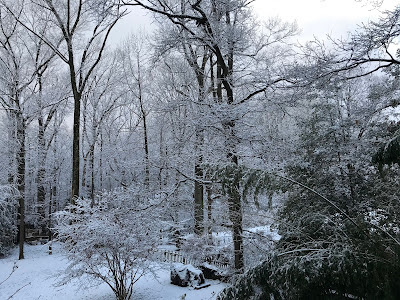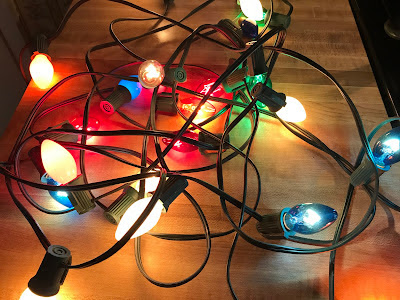Up in the Air
The crane seems like a stunt double from The War of the Worlds, a 100-plus-foot behemoth that takes up most of our suburban lane. It was brought in as reinforcement when two men and a chainsaw were unable to complete the removal of dead limbs from a lopsided oak last week.
In a move that has gotten our carbon footprint off to a bad start for the new year, I’m afraid, the crane and two other large vehicles pulled up to the house early this morning. After 30 minutes of waiting for the crew to assemble, the real show began, duly recorded for two-year-old Isaiah.
First, the crane operator slowly raised the contraption’s arm, extending it high before swinging it over the neighbor’s house to reach the troublesome tree. Next, in an act of derring-do seldom seen outside a circus, one of the guys who had been calmly putting on gear was hoisted up into the air.
He hung suspended for what seemed like hours but was only a minute or two before reaching the tree, chainsaw swinging from his belt. A few minutes later, he was joined by another acrobat. Together they’ve been slicing the deadwood away from this (knock on wood) still-viable oak.
I write this post from the basement, the only sensible place to be. I can hear the grinder machine whirring. Most of the branches are down, I think. The show is almost over.
(I generally prefer horizontal shots, but this post cried out for a vertical.)
